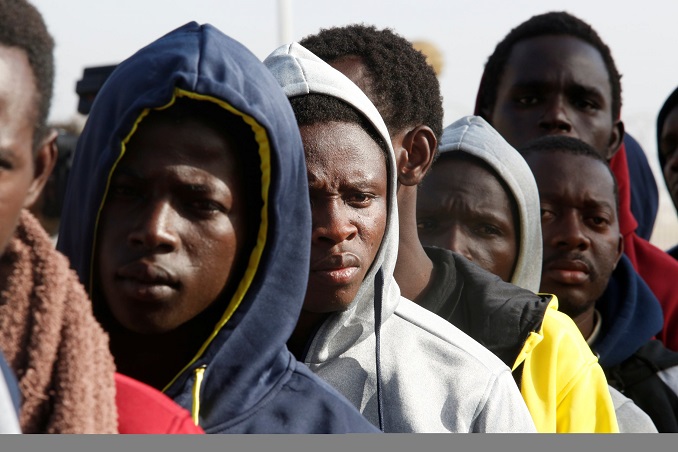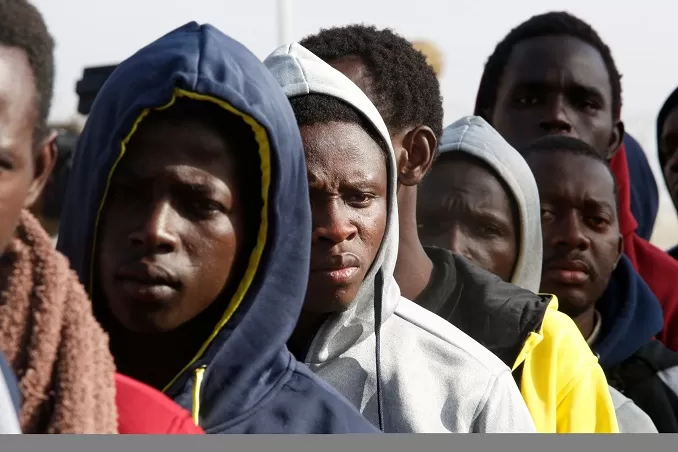

workers from sub saharan africa fill in the gaps in tunisias labor market
Last updated on March 31st, 2022 at 07:56 am
Many Sub-Saharan African laborers in Tunisia have expressed gratitude for the opportunity to work. One such economic migrant is Kui Kadi. He landed in Tunisia in January of this year. “Job prospects are not available to everyone,” Kadi adds. “I moved from the Ivory Coast over a year ago and, thank God, I was fortunate to find work here at the petrol station.”
Along a prominent thoroughfare in the centre of Tunis, a large number of automobiles and trucks stop to fill up. Customers are plentiful, and in times of labor shortages in Tunisia, many people from Sub-Saharan Africa are stepping in to fill the void. Taloo Kadi works at a gas station as well. “They warned me before I arrived here that Tunisia was a difficult place. However, the owner of the station thinks a lot of me, and I can support myself. “Life is great,” she says.
In Tunisia, migrants are frequently hired for jobs in construction, cafes, and restaurants. However, because many of them entered the country illegally, they do not have job rights, which allows some unscrupulous companies to take advantage of this weakness. all. All Jilani Ben Rhouma, the proprietor of a gas station, claims that all employees want is to be treated decently. “It is not uncommon for Tunisians to fail to pay their debts to African laborers,” he continues.
These workers aren’t asking for more money; they just want to be paid for the labor they do. “If they agree on a certain amount with someone, they will not ask you to add more, and they will not accept payment for less than what they agreed on. “ Tunisia’s admission requirements are extremely stringent. Illegal migrants may be deported, and Tunisians may face sanctions if they illegally harbor foreigners. A law enacted in 1968 applies to all foreigners entering Tunisia. The law says that people who want to work and live in the north African country have to meet a lot of different rules.
According to Valentin Bonnefoy of the Tunisian Economic and Social Forum, Tunisian law is unfit for purpose. Sub-Saharan African employees and foreigners in general are not protected under Tunisian law, he claims. “Tunisia needs to focus on enacting a new immigration law, which it is doing. After the dictatorship, this statute provides Tunisia with a new image. For now, African workers are still filling in the gaps in the Tunisian labor market, hoping that the law will protect them from being exploited to the point where they can’t work.
The incessant rains have caused flooding in Durban and its neighboring areas. It has disrupted several core areas, with a…
Cross-border activity suffered vast disruption when the new ban started at midnight Thursday with its direct impact on border checkpoints…
South African Bank fined R700,000 after determining the institution misrepresented a credit product as an investment opportunity. Following its December…
EA Sports shows that Toronto Maple Leafs will stop their 58-year title wait by beating the Colorado Avalanche in seven…
Pope Francis, the first Latin American pope of the Roman Catholic Church, passed away in the morning of his 88th…
You want to pick a good film for weekend relaxation? Netflix South Africa provides customers with a wide range of…
This website uses cookies.